The Power of Digital Marketing in Today’s Business Landscape

In a world where almost everyone is online, digital marketing has become the cornerstone of modern business success. It’s no longer enough to rely on traditional advertising methods—companies must embrace the power of digital channels to reach their audiences, build relationships, and drive sales. From social media to search engines, email to influencer partnerships, digital marketing offers countless ways to connect with customers.
What is Digital Marketing?
Digital marketing encompasses all marketing efforts that use the internet or electronic devices. Unlike traditional marketing, it allows businesses to interact with their audience in real-time and on a global scale. It includes strategies like:
- Search Engine Optimization (SEO):
Optimizing websites to rank higher on search engine results pages (SERPs) and attract organic traffic. - Pay-Per-Click Advertising (PPC):
Running paid campaigns on platforms like Google Ads or social media to reach specific demographics quickly. - Content Marketing:
Creating valuable and engaging content to educate, entertain, and convert customers. - Social Media Marketing:
Leveraging platforms like Instagram, Facebook, and LinkedIn to build brand awareness and foster community engagement. - Email Marketing:
Communicating with audiences directly through personalized email campaigns. - Affiliate and Influencer Marketing:
Partnering with individuals or businesses to promote products or services.
Why Digital Marketing is Crucial
- Global Reach:
Digital marketing allows even small businesses to reach audiences across the globe. Whether you’re targeting local customers or international markets, digital platforms make it possible. - Cost-Effectiveness:
Compared to traditional advertising channels like TV or print, digital marketing is more affordable and offers a better return on investment (ROI). - Data-Driven Insights:
Digital campaigns provide real-time analytics, allowing marketers to track performance, understand audience behavior, and adjust strategies for better results. - Personalization:
With tools like email automation and advanced targeting, businesses can deliver highly personalized messages to their customers, increasing engagement and loyalty. - Engagement and Interaction:
Social media and other interactive channels allow businesses to engage directly with customers, answering questions, addressing concerns, and building meaningful relationships.
Key Components of a Digital Marketing Strategy
- Understanding Your Audience:
The foundation of any successful campaign is knowing your target audience. Use tools like Google Analytics or social media insights to identify demographics, preferences, and online behavior. - Setting Clear Goals:
Whether it’s increasing brand awareness, driving website traffic, or boosting sales, having clear objectives will guide your efforts. - Choosing the Right Channels:
Different platforms cater to different audiences. For instance, LinkedIn is ideal for B2B marketing, while Instagram and TikTok work better for younger, visually-driven audiences. - Content is King:
Quality content is the backbone of digital marketing. Blogs, videos, infographics, and podcasts should provide value, solve problems, and resonate with your audience. - SEO and Keywords:
Ranking high on search engines requires a strong SEO strategy. Identify the keywords your audience is searching for and optimize your content accordingly. - Monitoring and Optimization:
Regularly track your campaign’s performance using analytics tools. If something isn’t working, adjust your strategy to improve results.
Trends Shaping the Future of Digital Marketing
- AI and Automation:
Artificial intelligence is revolutionizing digital marketing with tools for chatbots, personalized recommendations, and automated ad campaigns. - Voice Search Optimization:
With the rise of voice assistants like Alexa and Siri, optimizing for voice search is becoming increasingly important. - Short-Form Video Content:
Platforms like TikTok and Instagram Reels have made short, engaging videos a powerful tool for reaching audiences quickly. - Influencer Marketing:
Partnering with influencers who align with your brand values can help build trust and expand your reach. - Sustainability and Ethical Marketing:
Consumers are increasingly supporting brands that demonstrate environmental responsibility and ethical practices. Highlighting these values can set you apart. - Interactive Content:
Quizzes, polls, augmented reality (AR) experiences, and gamified content are becoming popular for engaging users in innovative ways.
Digital Marketing: A Dynamic Necessity
The beauty of digital marketing lies in its adaptability. No matter the size of your business or the industry you’re in, there’s a digital marketing strategy that can work for you. It allows businesses to meet their customers where they are—online—and to do so in a way that’s cost-effective, measurable, and scalable.
In today’s competitive landscape, those who embrace digital marketing not only survive but thrive. Whether you’re a small startup or an established enterprise, investing in digital marketing is investing in your future. It’s not just a tool for growth—it’s the key to staying relevant in a rapidly evolving world.
